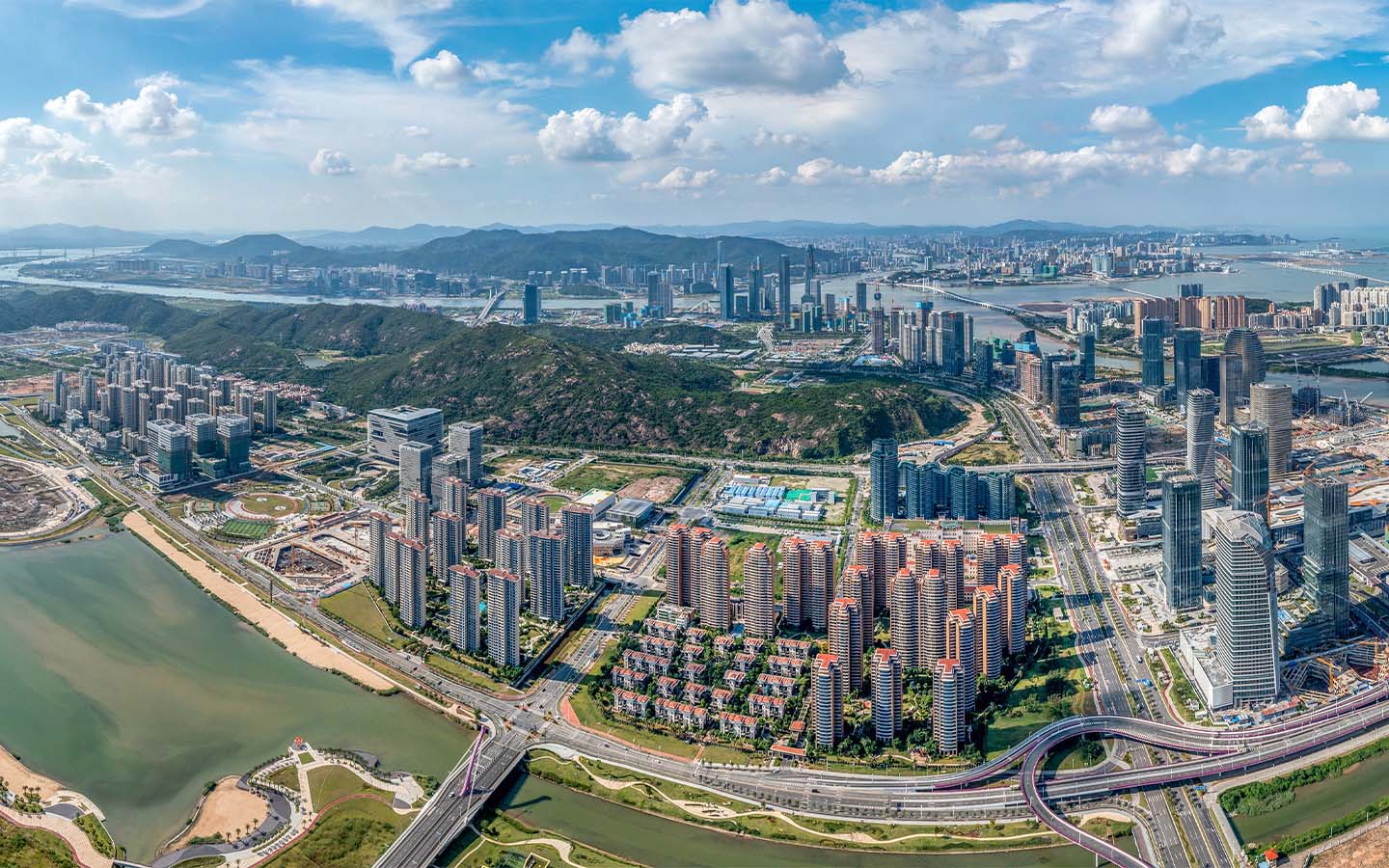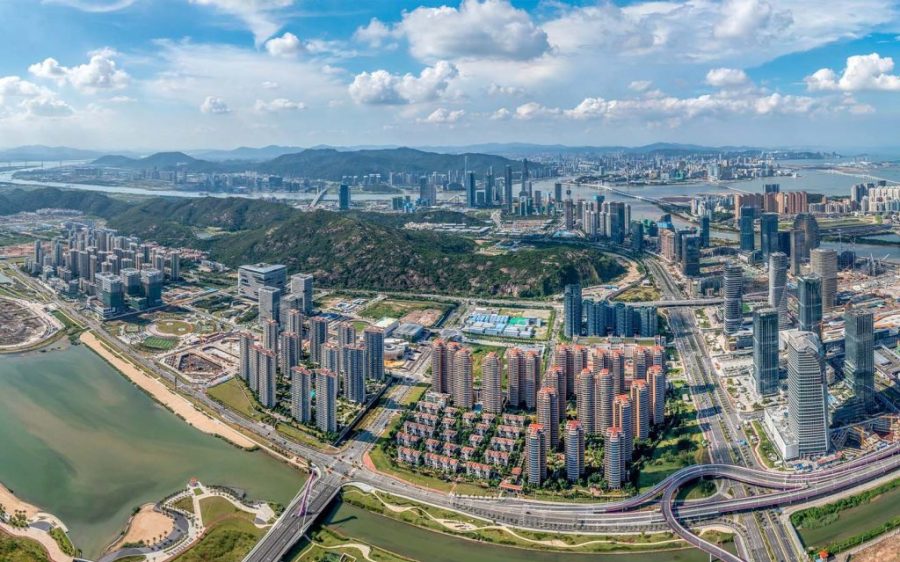Chief Executive Ho Iat Seng’s meeting yesterday with the deputy minister of mainland China’s Ministry of Culture and Tourism, Zhang Zheng, has fuelled speculation in the local tourism industry that an announcement about the Macao-Hengqin multiple-entry visas could be made by as early as next week. That’s according to a report today by local media publication Exmoo.
The media outlet noted that the two officials held discussions about the development of tourism in the city.
While neither the report nor the government’s press release about the meeting indicate if the multiple-entry visa was a topic of discussion, Ho said last Monday that specific details about the scheme would be released “very soon.”
[See more: Lawrence Ho wants multiple-entry visas between Hengqin and Macao]
If the initiative is implemented, mainland visitors will be able to cross between Macao and Hengqin multiple times, which will allow them to enjoy the SAR during the day and return to cheaper accommodation on the mainland Chinese island in the evening. Currently, mainland Chinese – who make up the majority of Macao’s visitors – only have the option of a single-entry visa, ruling out a stay in Hengqin.
Key members of the local tourism industry are on board with the plan, with the president of the Macau Leisure Tourism Services Innovation Association, Wong Fai, telling local media that it would lengthen the amount of time that visitors spend in Macao but making longer stays more affordable. Official data for the first quarter of this year indicates that visitors spent an average of just 1.2 days in the city.
Earlier reports also cited Melco chairman Lawerence Ho, who called for the authorities to fasttrack the policy, as he believed it would help to reduce the strain that the high volume of visitors were placing on local hotels and resorts.






